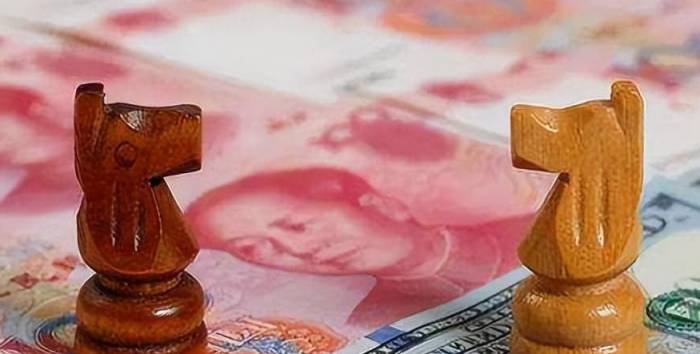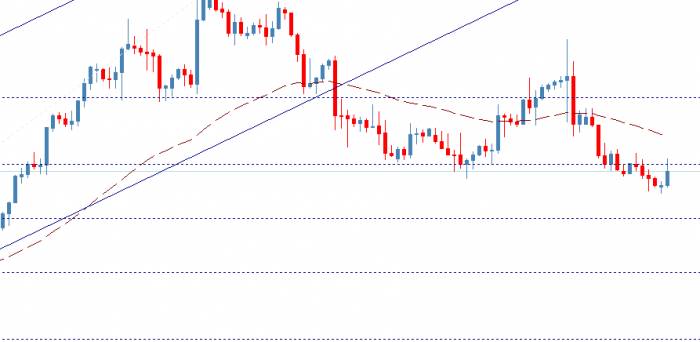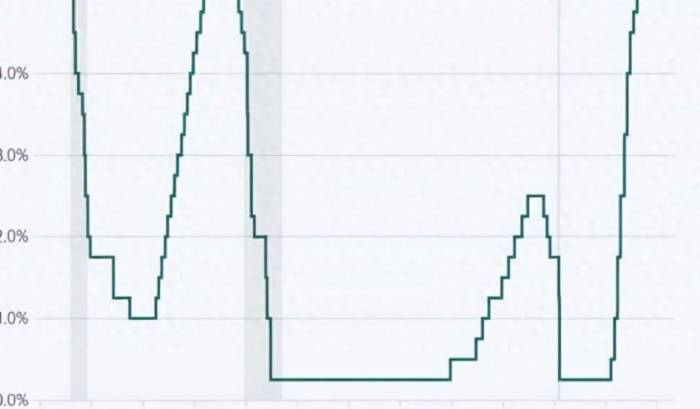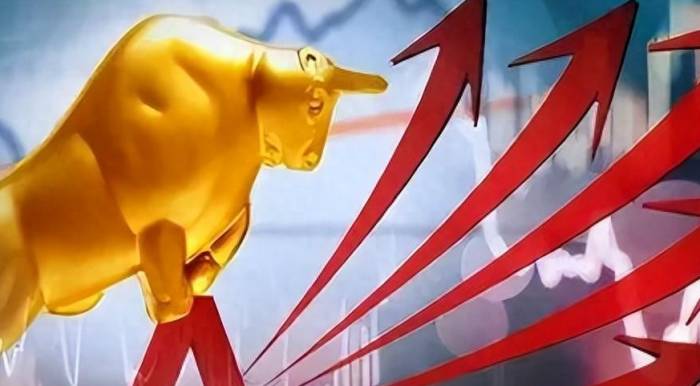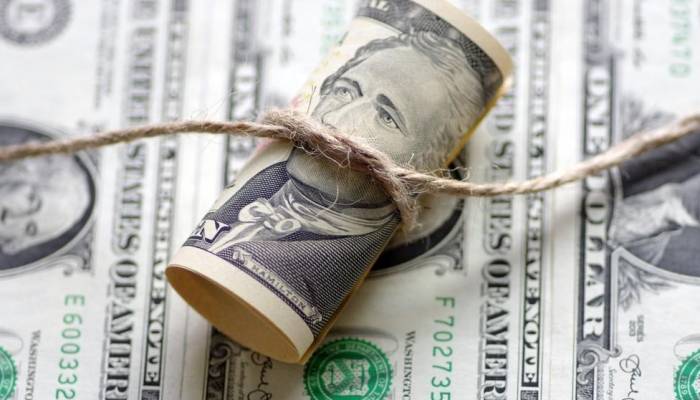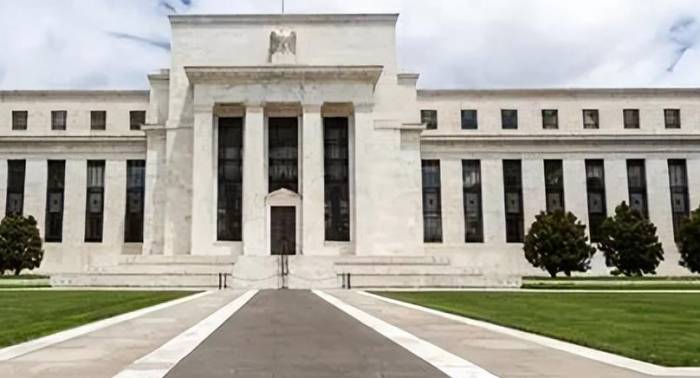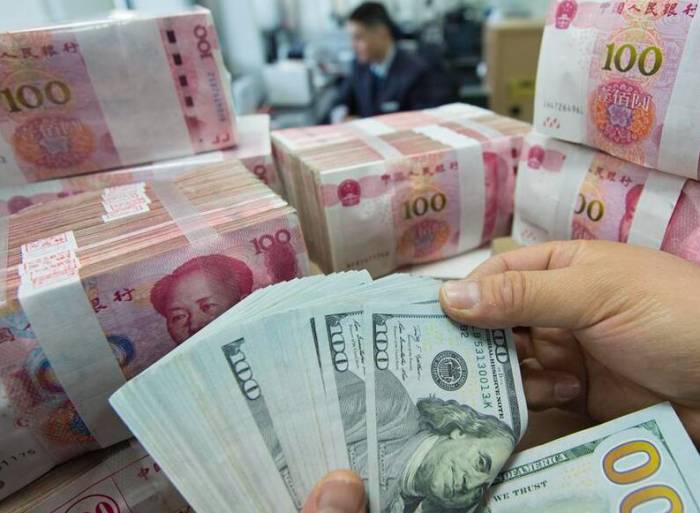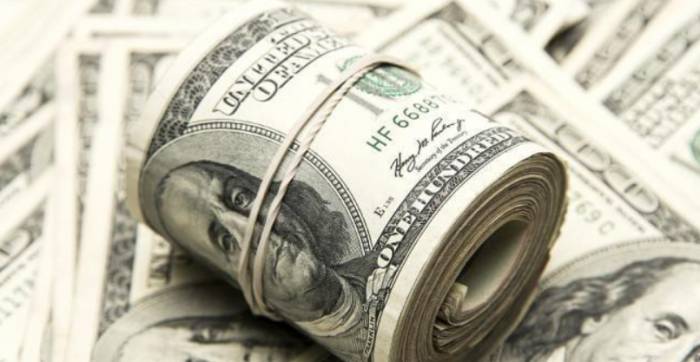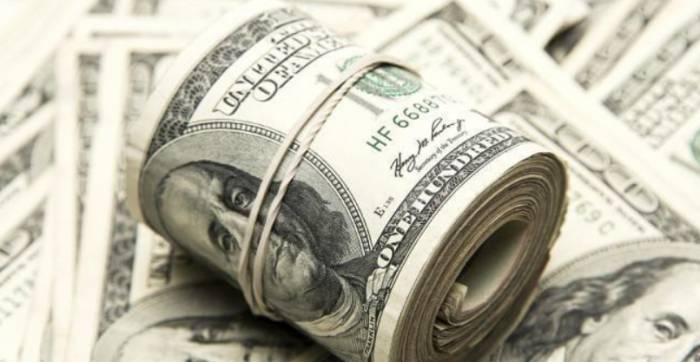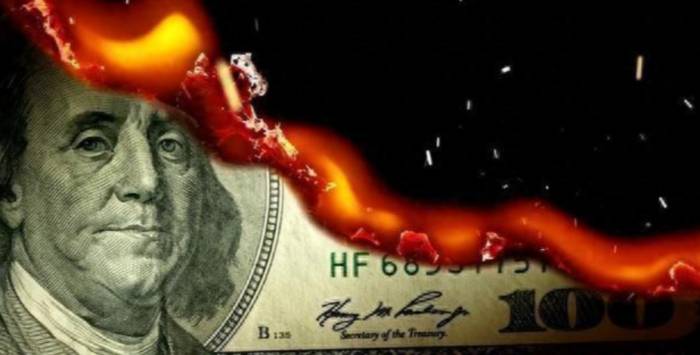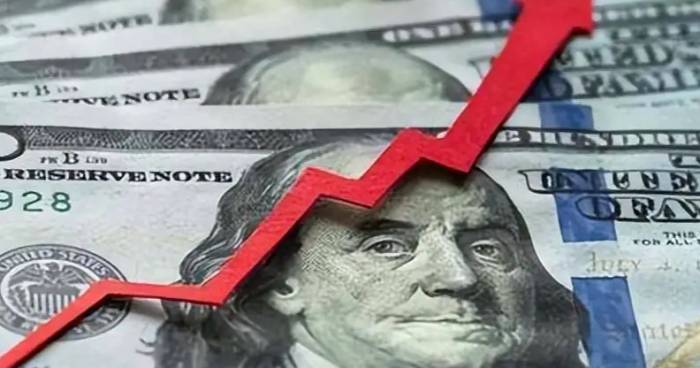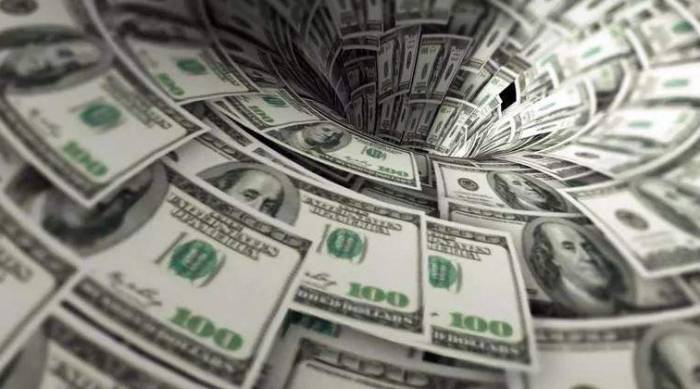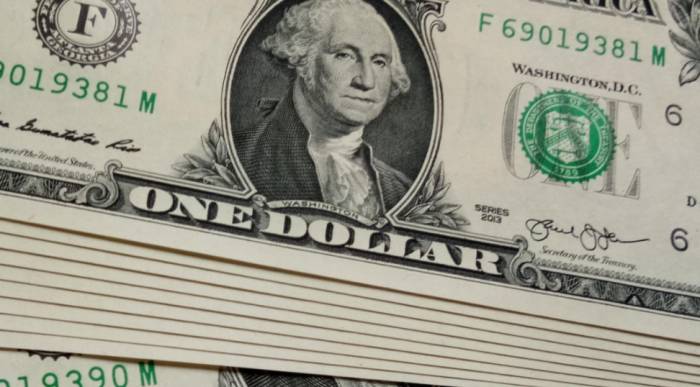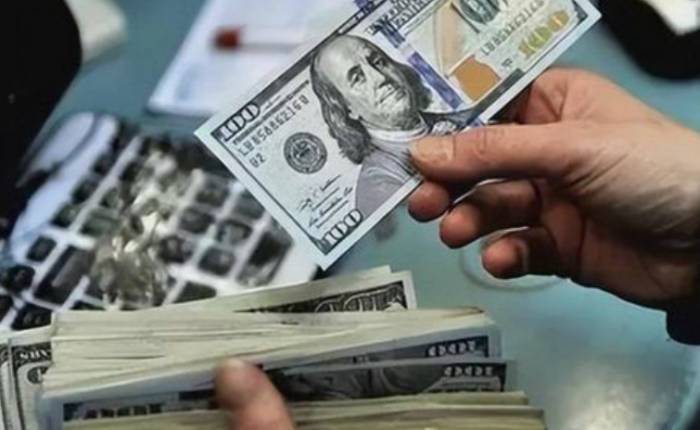"Stock God" Warren Buffett has made another move.
Buffett's Berkshire Hathaway has cashed out $896.1 million (approximately 6.3 billion yuan) from its stake in Bank of America.
Between September 17th and September 19th, Berkshire Hathaway reduced its holdings in Bank of America three times, selling a total of 22.272071 million shares.
Buffett continues to reduce his stake in Bank of America.
On August 30th, local time, documents disclosed by the U.S. Securities and Exchange Commission (SEC) showed that Berkshire Hathaway sold about 21 million shares of Bank of America, cashing out $848 million.
After this reduction, Buffett's Berkshire Hathaway's stake in Bank of America's circulating shares fell to 11.4%.
According to relevant regulations, if the stake exceeds 10%, the transaction must be disclosed within a few days; if the stake is not more than 10%, there is no need to disclose the transaction promptly, and it usually may take several weeks to disclose in the quarterly report.
According to the Securities Times, in July, Berkshire Hathaway made a large-scale reduction in Bank of America's stock.
Throughout July, the company sold a total of about $3.825 billion worth of Bank of America stock.
In August, Berkshire Hathaway's reduction activities continued.
From August 15th to 19th, the company sold about $550 million worth of Bank of America stock.
Then, from August 23rd to 27th, it sold about $981.9 million worth of stock.
In July and August, Berkshire Hathaway cashed out a total of about $6.205 billion.
According to CCTV Finance, the 94-year-old Buffett started investing in Bank of America in 2011 by purchasing preferred shares and warrants of the bank for $5 billion.
His Berkshire Hathaway eventually became the largest shareholder of the bank and has maintained this position.
Analysts believe that from the historical profit trend of bank stocks, a combination of high inflation and high interest rates is beneficial to bank stocks, but Buffett's decision to sell Bank of America shares at this time can infer that he does not agree with the inflation narrative, and the Fed's interest rate cut may be one of the logics behind Buffett's reduction of Bank of America.
According to media reports, there are also market speculations that one of the reasons for Buffett to sell Bank of America shares may be that the bank is overvalued.
At the same time, Buffett may also be preparing in advance for changes in the Fed's monetary policy.
However, the Chief Investment Officer of the American new internet broker BBAE, Ji Junli, believes that although interest rate cuts mean the arrival of a downturn for bank stocks, this will not be the main reason for Buffett to sell bank stocks.
In fact, since 2018, Buffett has been selling bank stocks, but most of the time there is no clear reason.
Ji Junli guesses that the reason for selling is that Buffett and his investment managers are a bit disappointed with the way Bank of America operates and see potential regulatory risks.
After Buffett's Berkshire Hathaway continues to reduce its long-held Bank of America shares, WSJ analysts believe that investors can consider buying the opportunity.
When the Fed's interest rate cut channel is opened, it will weaken the interest income of many banks.
Once the interest rate cut, the interest income brought to banks by loans priced at the benchmark interest rate will start to decrease.
According to Bank of America's previous forecast, if the Fed cuts interest rates three times before the end of the year, each time by 25 basis points, Bank of America estimates that its fourth-quarter net interest income will be reduced by about $225 million compared to the second quarter.
However, WSJ analysts believe that there are some factors that can help Bank of America offset this adverse impact.
Since last year, in the eyes of some investors, the huge bond investment portfolio has always been a pain point for Bank of America, but in the future, as interest rates are lowered, this pain point will become a potential relative advantage.
At that time, not only will these low-yield old bonds appreciate, but the large amount of securities maturing every quarter will continue to bring a considerable increase to the net interest income of the next year, because after maturity, those funds will be redeployed at the current yield.
According to Bank of America's forecast, the above factors, coupled with the continuous maturity of fixed-rate loans such as auto loans and mortgage loans, will increase the bank's fourth-quarter net interest income by about $300 million compared to the second quarter, thus offsetting the negative impact of the interest rate cut.
In addition, net interest income also faces several favorable factors that are ready to go.
Bank of America once said in a report that the bank's cash flow swap hedging designed to guard against interest rate declines will expire, and net interest income is likely to start increasing in the second half of next year.
According to the analyst expectations organized by Visible Alpha, analysts estimate that Bank of America's net interest income can grow by at least 5% in 2025, compared with the expected net interest income growth of large banks such as Citigroup, JPMorgan Chase, and Wells Fargo, which will be much smaller, and even may decline.
Many analysts believe that compared with peers such as Citigroup and JPMorgan Chase, Bank of America's investment banking business income currently contributes a relatively large proportion to its total revenue.
Therefore, if the expected interest rate cuts help to stimulate more corporate activities, then Bank of America will become the biggest beneficiary.


